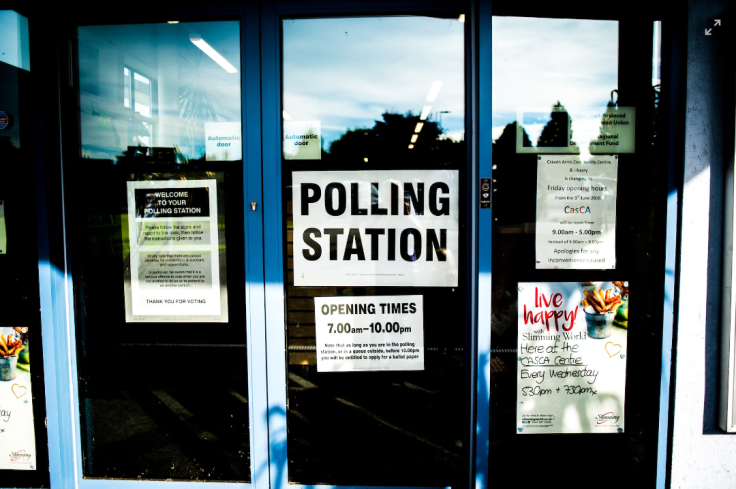The 2024 elections have brought higher education policy to the forefront of political discussions, reflecting a significant shift in focus compared to previous campaigns.
Traditionally a peripheral issue, higher education has become a battleground for politicians, with calls to reform, defund, and reshape the landscape of colleges and universities. This article explores the evolving dynamics surrounding higher education in the context of the 2024 elections, examining the key players, proposed reforms, and the potential impact on institutions.

The Rise of Higher Education in Political Discourse
In recent years, higher education has increasingly drawn attention, emerging as a divisive topic with contrasting views from different political factions. While younger progressives advocate for student loan cancellation and social justice issues, figures like Ron DeSantis, Florida's Republican governor and presidential hopeful, aim to combat what they perceive as "woke activism" on college campuses.
Former President Donald Trump, who secured a significant victory in the Iowa caucuses, has taken a more aggressive stance, criticizing President Biden's student debt relief policies and denouncing diversity, equity, and inclusion programs in higher education. Trump's shift towards prioritizing higher education in his discourse reflects a broader trend among Republicans, indicating a potential sea change in how the sector is addressed in federal politics.
The Republican Agenda: A Call for Accountability
Republicans, spearheaded by influential figures like North Carolina representative Virginia Foxx, chair of the House education committee, argue that higher education is undergoing a hostile takeover by political activists and partisan administrators. This narrative positions colleges and universities as breeding grounds for what they perceive as illiberal thought.
Michael Brickman, a senior fellow at the American Enterprise Institute, emphasizes the need for greater accountability in higher education. Proposing that institutions should bear the responsibility for unpaid student loans, Republicans seek to address what they view as a lack of oversight and fiscal responsibility within the education system.
The Democratic Approach: Student Loan Reforms and Social Justice
President Biden's administration has been actively working to undo policies from the Trump era and implement measures to protect students, improve the student loan system, and provide relief to borrowers. Biden's focus on overhauling the student loan system and broad-based loan forgiveness aligns with Democratic priorities, aiming to make higher education a pathway to the middle class.
The 2024 elections will play a crucial role in determining the fate of Biden's accountability rules and efforts to fix the student loan system. The ongoing legal and political battles over debt relief underscore the deep divide between the two major political parties on how to address the challenges in higher education.
The Regulatory Whiplash
The partisan split on higher education is reflected in policy swings that have become more pronounced with each change in administration. The erosion of overall confidence in higher education, as highlighted in a Gallup poll, indicates a deeper societal issue that exacerbates the challenges facing colleges and universities.
The concept of "regulatory whiplash" is particularly evident, with policies such as Title IX regulations and gainful employment standards undergoing significant shifts based on the party in power. The upcoming elections could either solidify recent changes or witness a rollback, depending on the political landscape.
Potential for Sweeping Changes
Both Republicans and Democrats agree on the need for reforms in higher education, including addressing the skyrocketing student loan debt and improving accessibility. However, their approaches differ significantly. Republicans advocate for stronger oversight, limiting foreign funding, and tying federal financial aid to graduate outcomes, while Democrats aim to make community college free, enhance consumer protections, and increase Pell Grants.
The 2024 elections present a critical juncture for the future of higher education, with the potential for sweeping changes based on which party gains control. The impact will extend beyond policy adjustments, influencing how colleges and universities operate, access federal aid, and respond to societal expectations.
As higher education takes center stage in the 2024 elections, the divergent views of Republicans and Democrats underscore the challenges and opportunities facing the sector. The outcome of the elections will shape the trajectory of reforms, accountability measures, and the overall landscape of colleges and universities in the United States. With the stakes higher than ever, the battle for control over higher education policy adds a unique dimension to the political discourse of 2024.
© 2025 University Herald, All rights reserved. Do not reproduce without permission.








